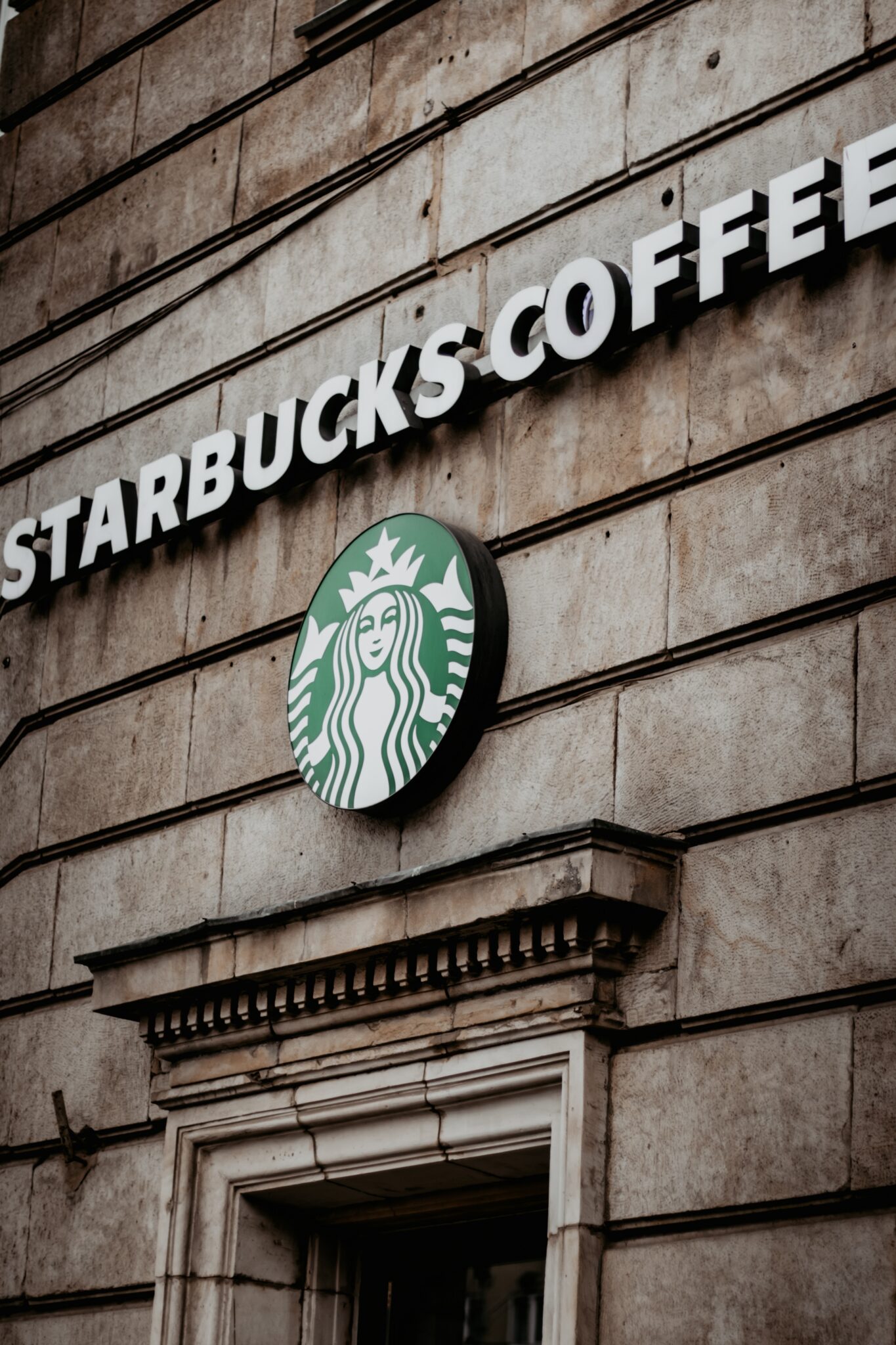Divya Nimmagadda is a student at Harvard Law School.
In today’s labor news: SEIU president announces plans to step down and judges order Starbucks to reinstate unlawfully-dismissed, pro-union employees.
Mary Kay Henry has been president of the Service Employees International Union (SEIU) for fourteen years and was the first women elected to the position. The SEIU has a membership of almost two million workers across the healthcare, public sector and property services industries. Her leadership was instrumental in the “Fight for $15” campaign which sought to organize fast-food workers and advocate towards an industry-wide $15 minimum wage. This initiative has been credited with enacting wage changes in major cities, including Chicago and New York, and the discussion in some states, like California, has progressed beyond the original ideal to a $20 minimum.
Related to this theme of industry-centric changes, in 2019, Henry introduced the “Unions for All” campaign. This vision elevated the concept of sectoral organizing where labor activism, instead of organizing employer-by-employer, is focused on creating unions across industries, and sometimes across geographies. This approach, common in many European countries, is beginning to gain traction in the U.S. with the creation of some state-wide councils to set sector-wide health, safety and/or wage standards in the fast-food and healthcare industries. Many political candidates, including Joe Biden, Elizabeth Warren and Pete Buttegieg, incorporated aspects of “Unions for All” into their platforms.
The union will elect Henry’s successor through a delegate vote at the quadrennial convention in May.
An administrative law judge, Robert Ringler, found that Starbucks violated the NLRA by firing ten pro-union employees across several Buffalo locations – the company outright fired nine employees for their union-related activities and constructively dismissed another by refusing to accommodate her scheduling needs. This decision has been hailed as a “monumental victory,” by Starbucks Workers United.
Another judge, Mara Louise Anzalone, came to a similar conclusion about like conduct in two Colorado locations, finding that the dismissal of two pro-union employees constituted a violation of Section 8(a)(3) of the NLRA. Both judges ordered that Starbucks reinstate each of the employees, with backpay. These decisions will need to be adopted by the full NLRB, and Starbucks has commented that it intends to seek further legal review.






Daily News & Commentary
Start your day with our roundup of the latest labor developments. See all
February 25
OSHA workplace inspections significantly drop in 2025; the Court denies a petition for certiorari to review a Minnesota law banning mandatory anti-union meetings at work; and the Court declines two petitions to determine whether Air Force service members should receive backpay as a result of religious challenges to the now-revoked COVID-19 vaccine mandate.
February 24
In today’s news and commentary, the NLRB uses the Obama-era Browning-Ferris standard, a fired National Park ranger sues the Department of Interior and the National Park Service, the NLRB closes out Amazon’s labor dispute on Staten Island, and OIRA signals changes to the Biden-era independent contractor rule. The NLRB ruled that Browning-Ferris Industries jointly employed […]
February 23
In today’s news and commentary, the Trump administration proposes a rule limiting employment authorization for asylum seekers and Matt Bruenig introduces a new LLM tool analyzing employer rules under Stericycle. Law360 reports that the Trump administration proposed a rule on Friday that would change the employment authorization process for asylum seekers. Under the proposed rule, […]
February 22
A petition for certiorari in Bivens v. Zep, New York nurses end their historic six-week-strike, and Professor Block argues for just cause protections in New York City.
February 20
An analysis of the Board's decisions since regaining a quorum; 5th Circuit dissent criticizes Wright Line, Thryv.
February 19
Union membership increases slightly; Washington farmworker bill fails to make it out of committee; and unions in Argentina are on strike protesting President Milei’s labor reform bill.